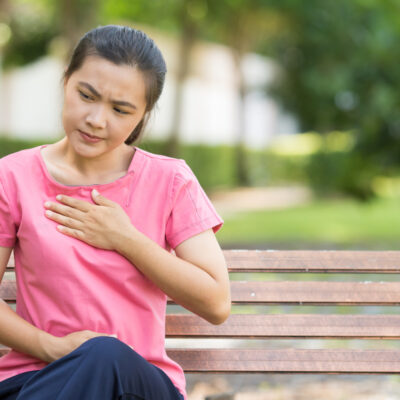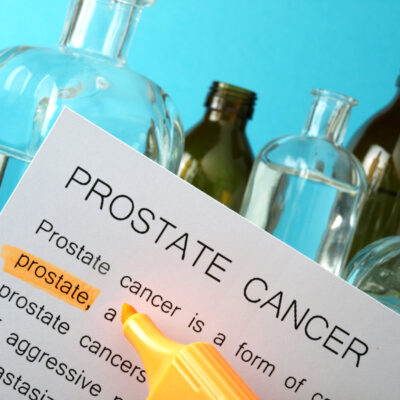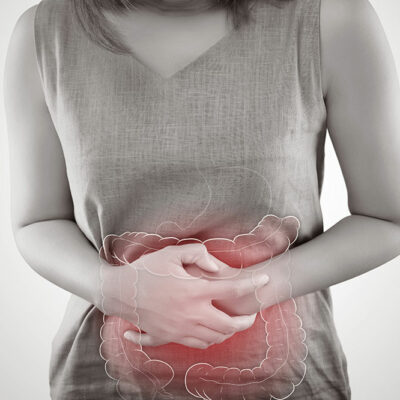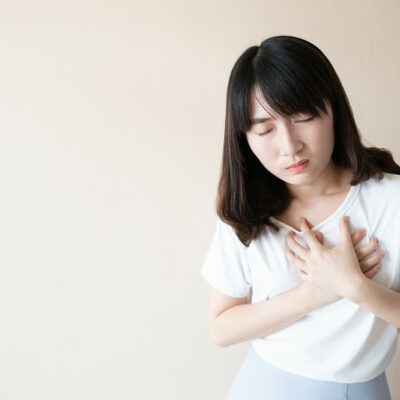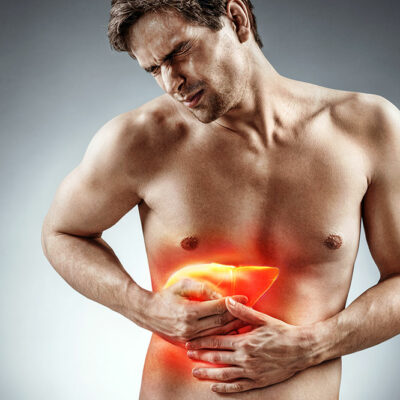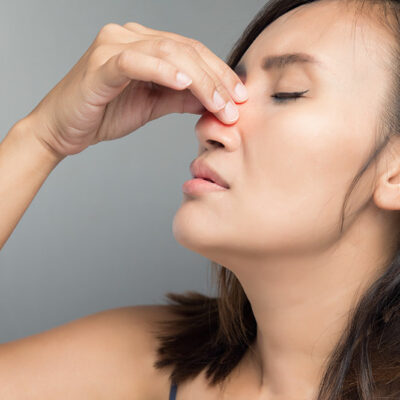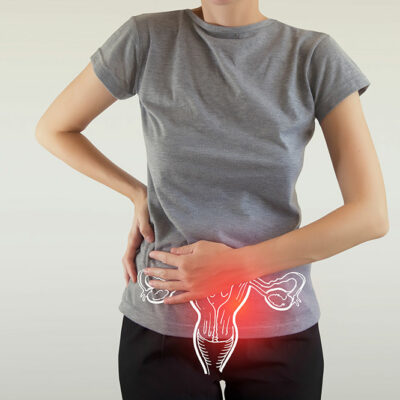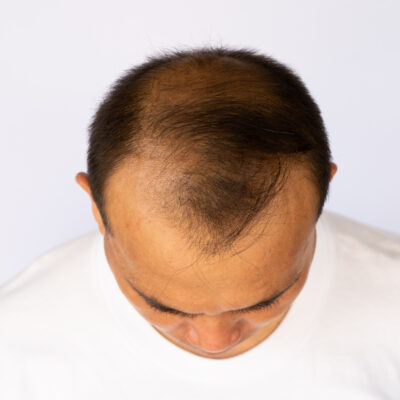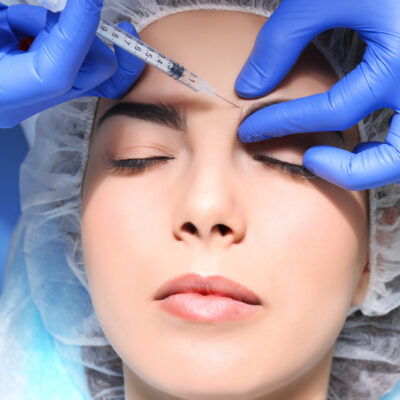
Health
6 Effective Home Remedies for Hyperhidrosis
People with hyperhidrosis have a challenging time in the summer. It is totally natural to sweat after an outing on a hot summer day or heavy physical exercise. It is the human body’s way of cooling off. However, if the temperature is normal or if you are not exercising but still sweating excessively, you have hyperhidrosis. Here are some effective remedies for treating hyperhidrosis at home. 1. Apple cider vinegar Apple cider vinegar is acidic in nature. It helps eradicate any bacteria present on your feet, palms, or any other body part. It also has a soothing and drying effect on the body. You can dilute apple cider vinegar with warm water and soak your hands and feet for up to 30 minutes. If you sweat profusely, you can even drink an apple cider vinegar concoction. 2. Tomato juice Tomato juice is known for many health benefits, including fighting cancer. Apart from that, it helps shrink pores and reduces chronic sweating. So, for treating hyperhidrosis at home, you can eat a tomato-rich diet or drink a glass of tomato juice every day. Alternatively, you can apply tomato juice to areas that sweat the most and rinse after 10 minutes. 3.
Read More 